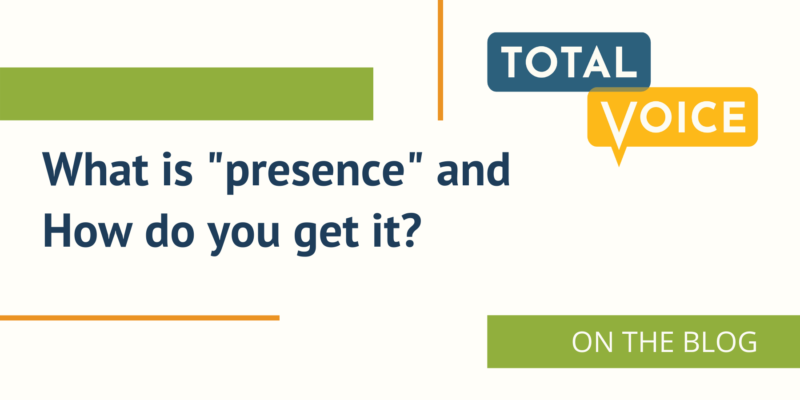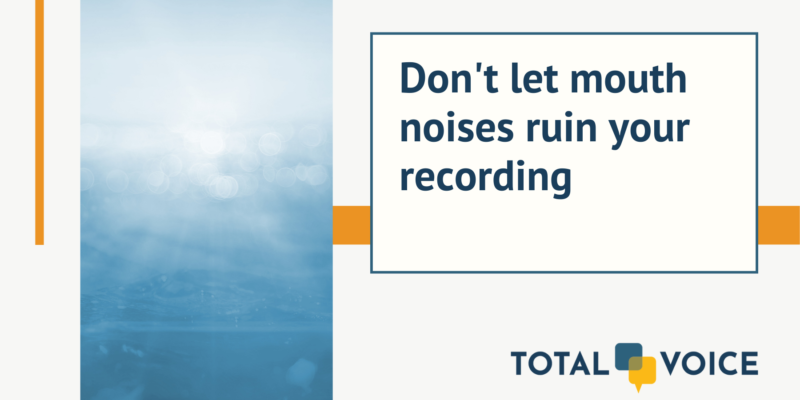Everyone gets some form of laryngitis every now and then. Whether it is from illness or from voice use, the cause of the voice loss/hoarseness is pretty much always the same: swollen and irritated vocal cords. Here are some strategies to help.
continue readingThree tips for a more powerful voice
Not being heard is frustrating. Not being taken seriously is even more frustrating. Sometimes a stronger, more authoritative voice makes all the difference.
continue readingHack your posture to strengthen your voice
Over the years a number of clients have come to me because their voice was tired, strained, scratchy, unreliable, or generally thin-sounding. For some of these people, the only thing we needed to address was their posture.
continue readingIs laughter really the best medicine? (Yes. Yes it is.)
As cliché as it may sound, laughter is legit medicine. Stress affects the voice in a ton of ways, and laughter truly helps.
continue readingWhat is “presence” and how do you get it?
Presence is the ability to project composure, grace, confidence, poise, and self assurance, especially in high-pressure situations. People with presence tend to be open and appear to assume everyone is their friend. They are good listeners (click here to check out my blog post on upping your listening skills), and they connect with people and engage with them in an authentic manner that leaves people feeling included and equal.
continue readingDon’t let mouth noises ruin your recording
Whether they are clicky, sticky or slurpy, mouth noises are a time-consuming pain for VO actors and anyone creating audio recordings. Depending on the nature of the recording, you either need to re-do it, edit out all those little sounds without affecting the speech, or foist the sounds on your listener.
Best just to avoid them in the first place.
continue reading

